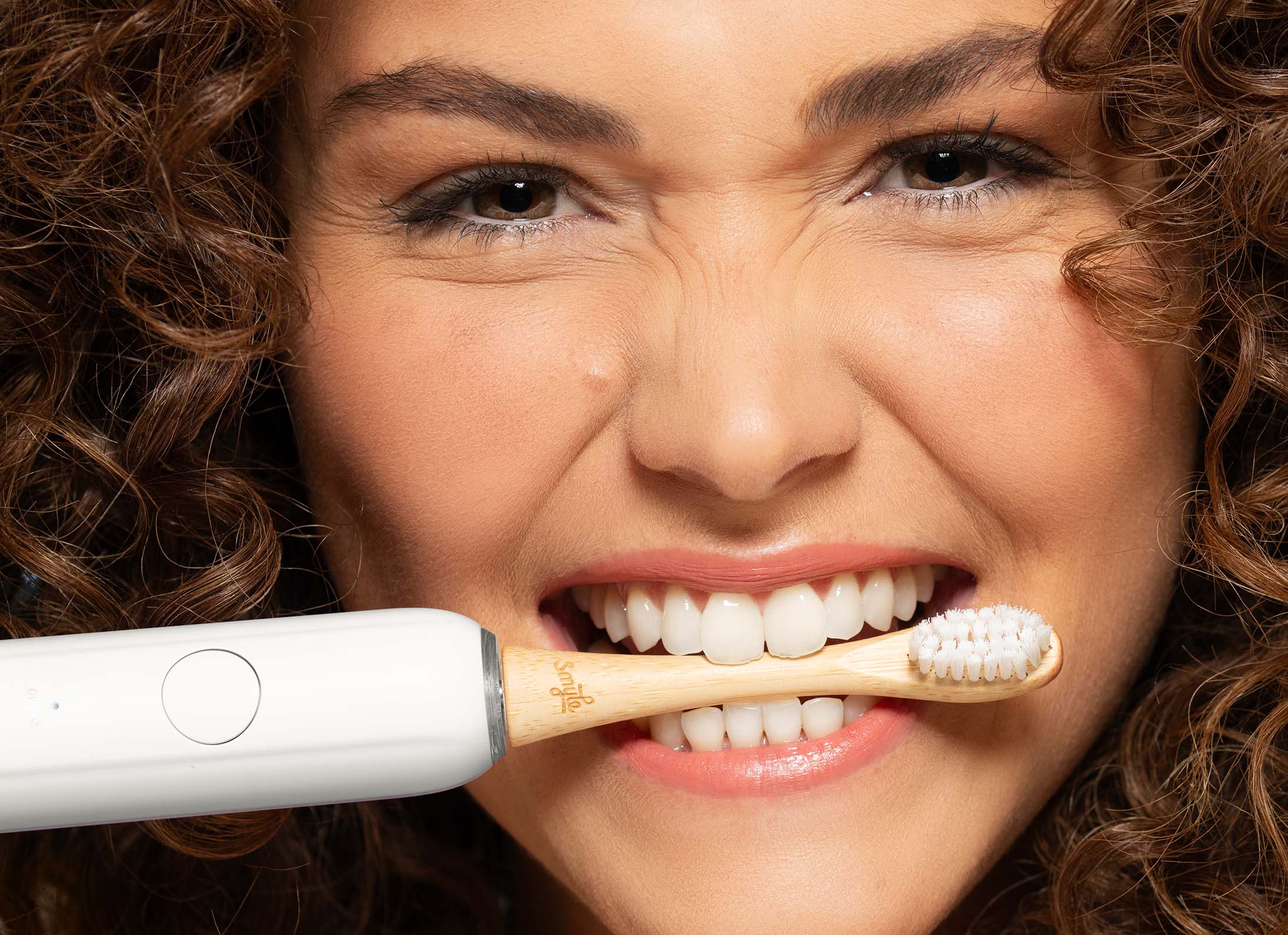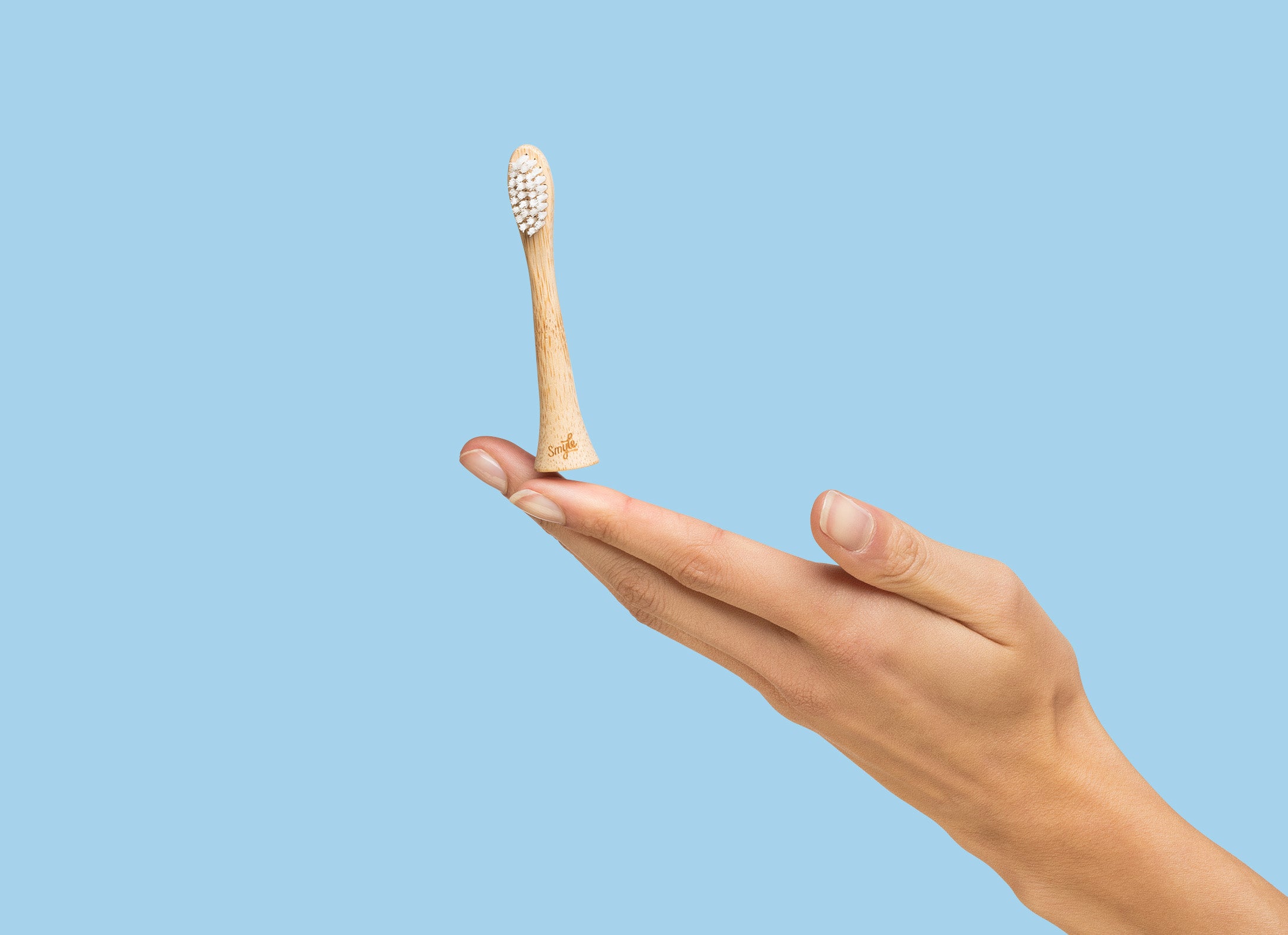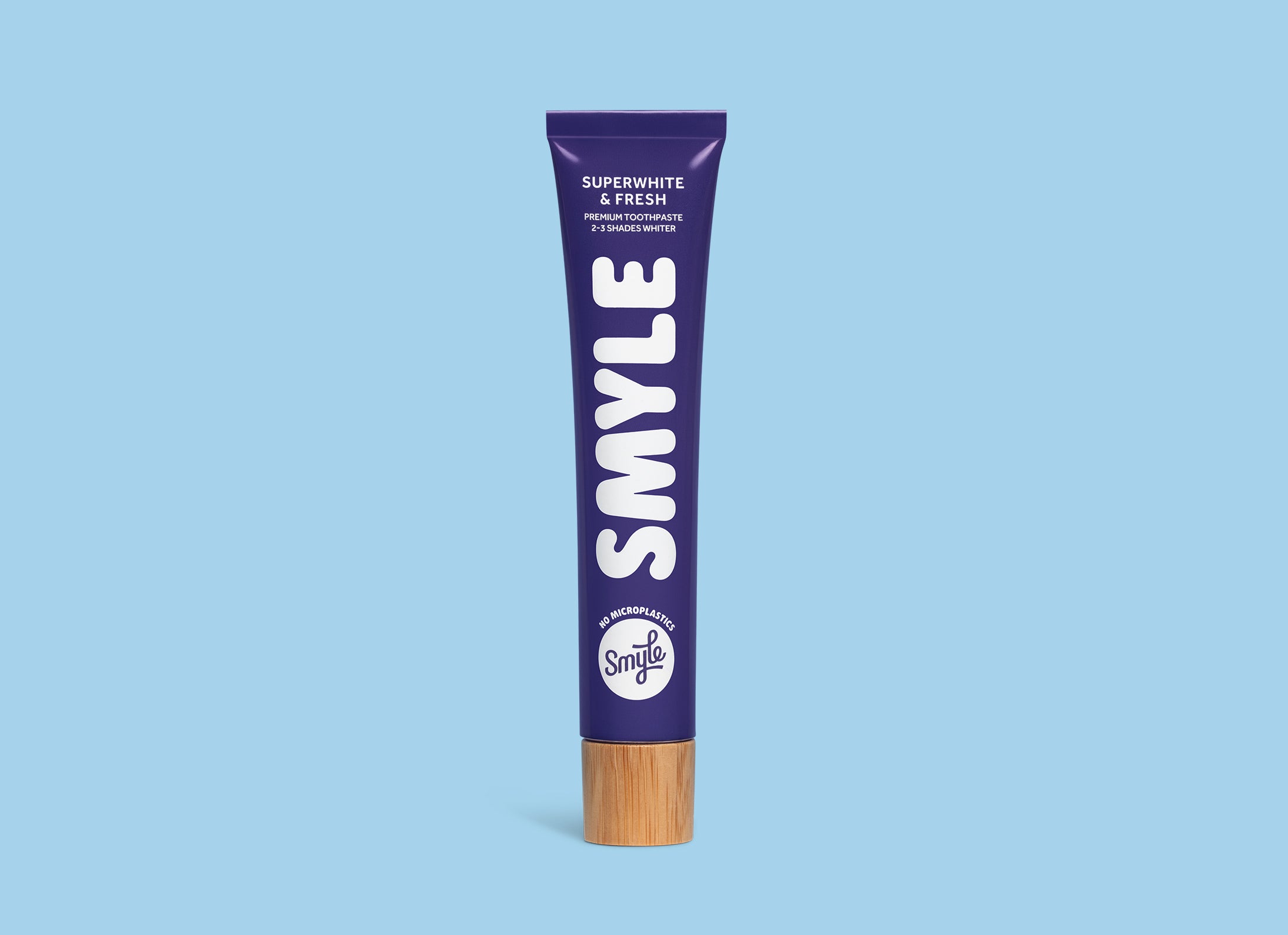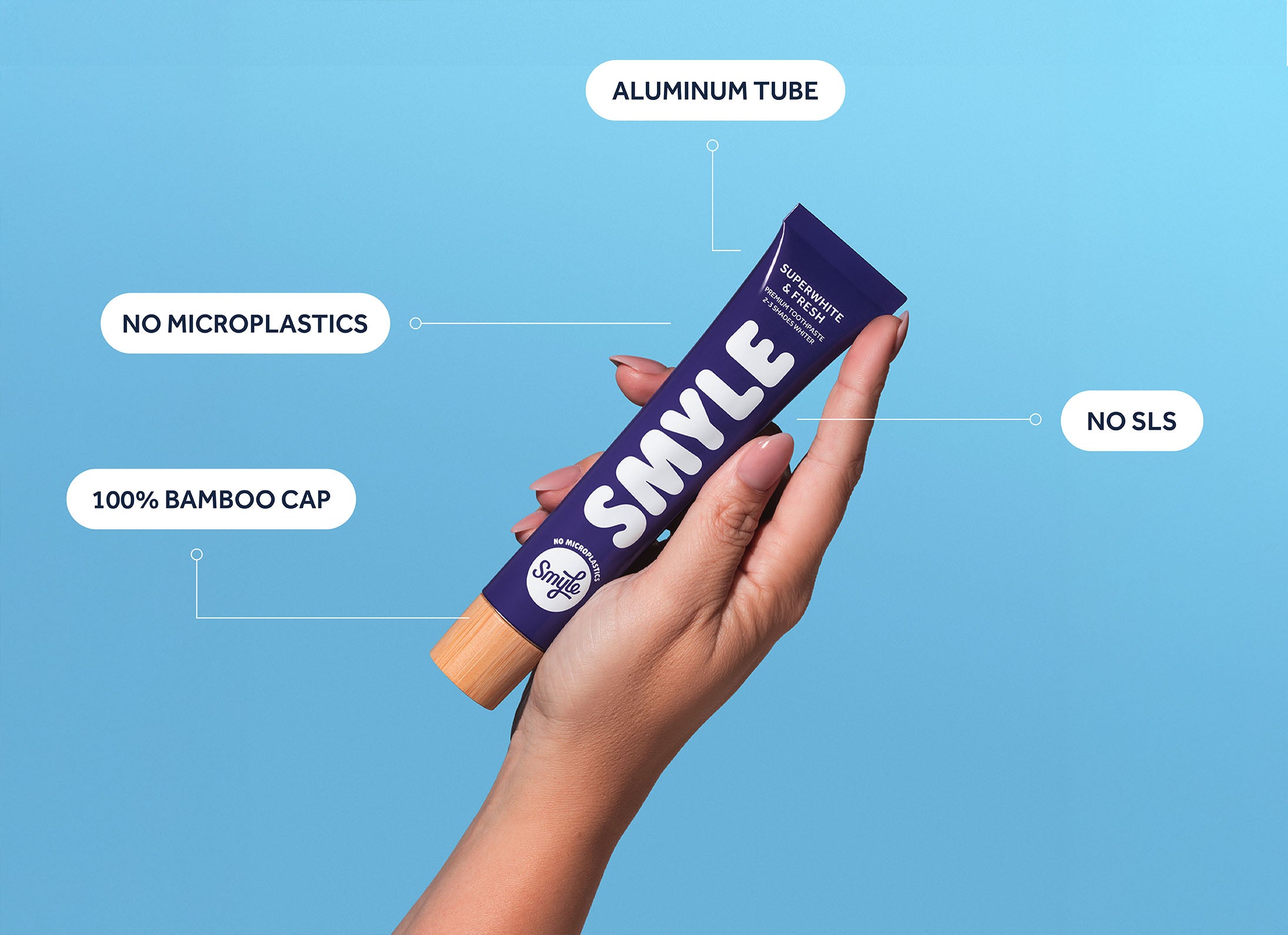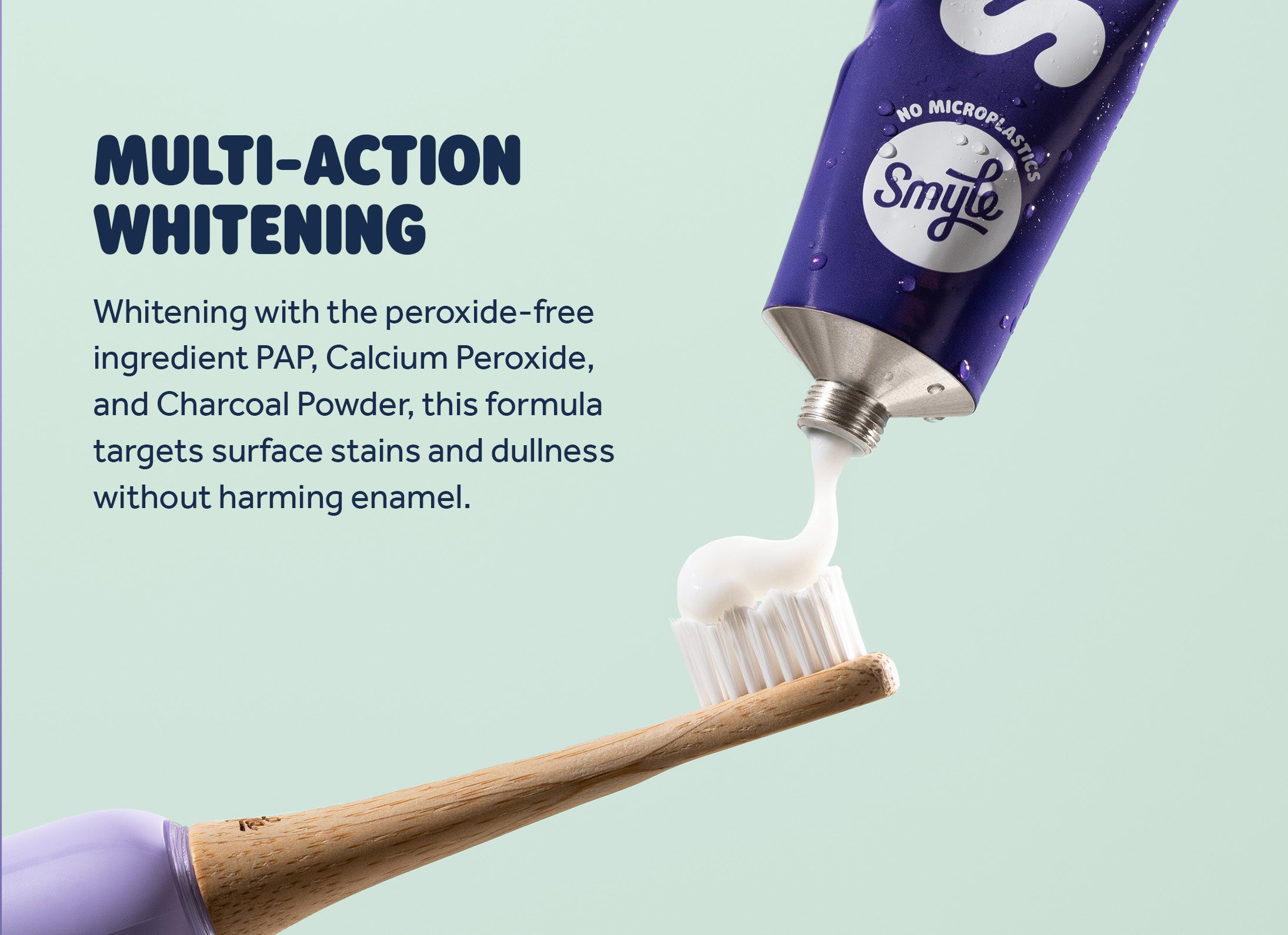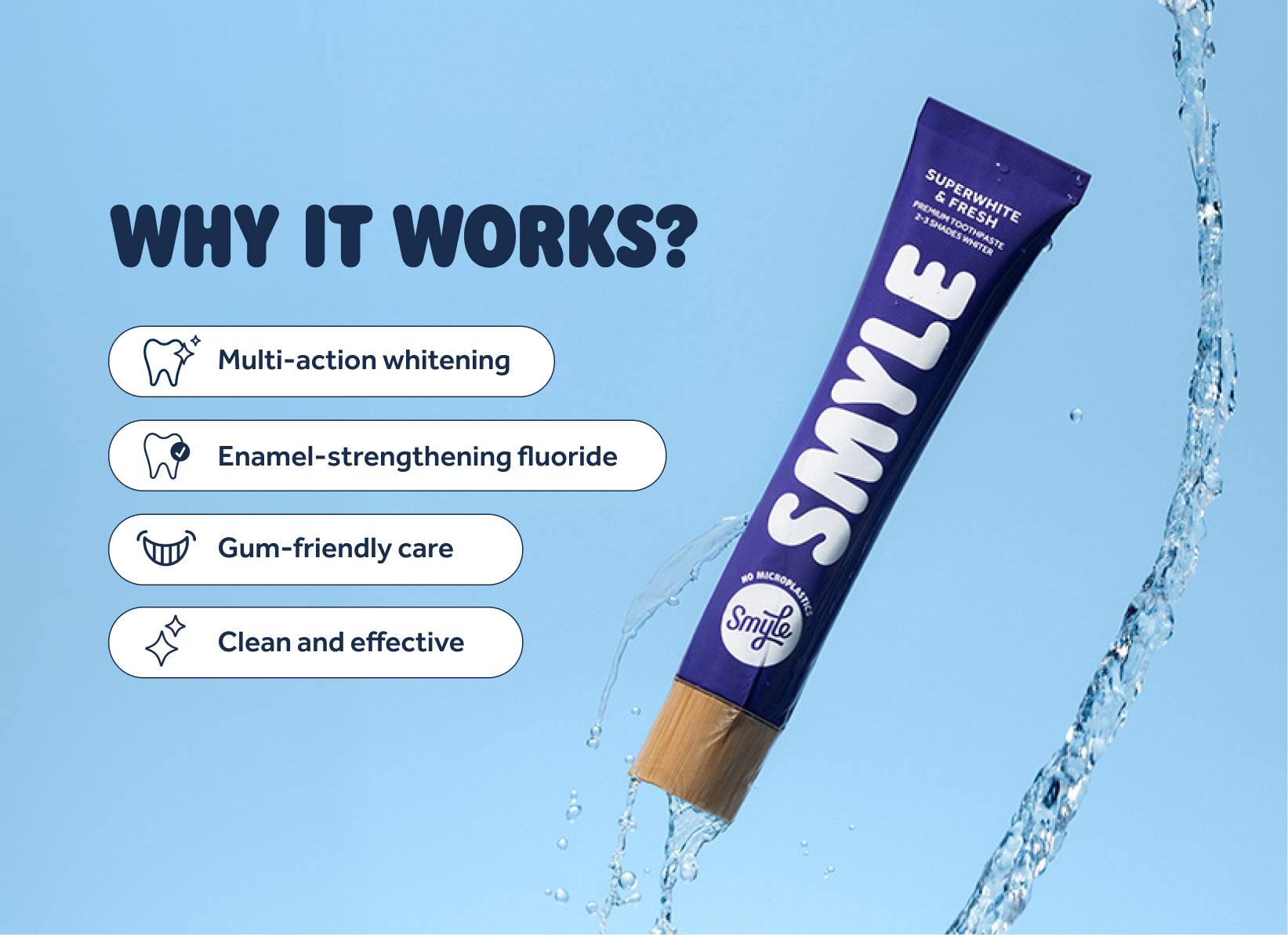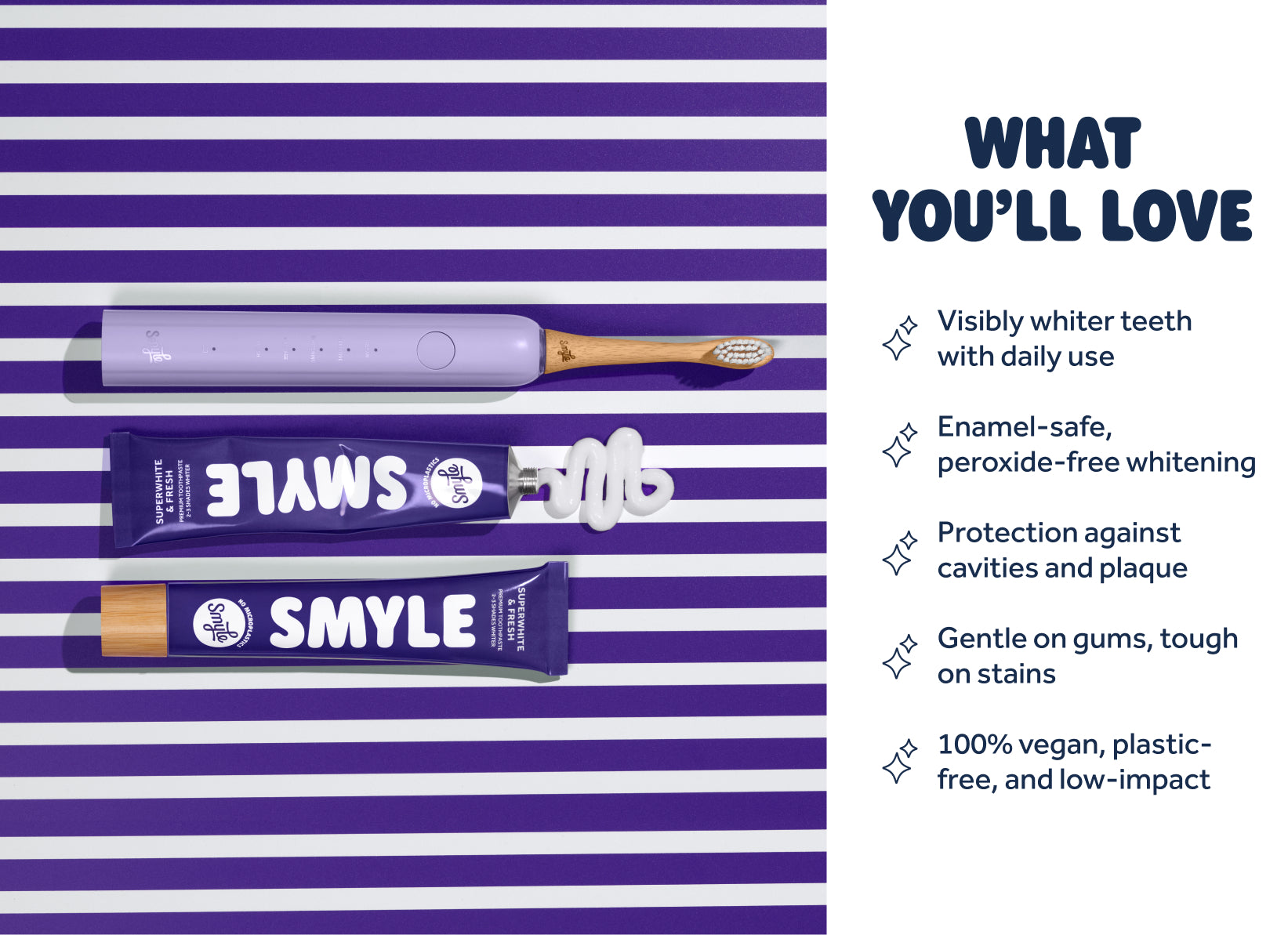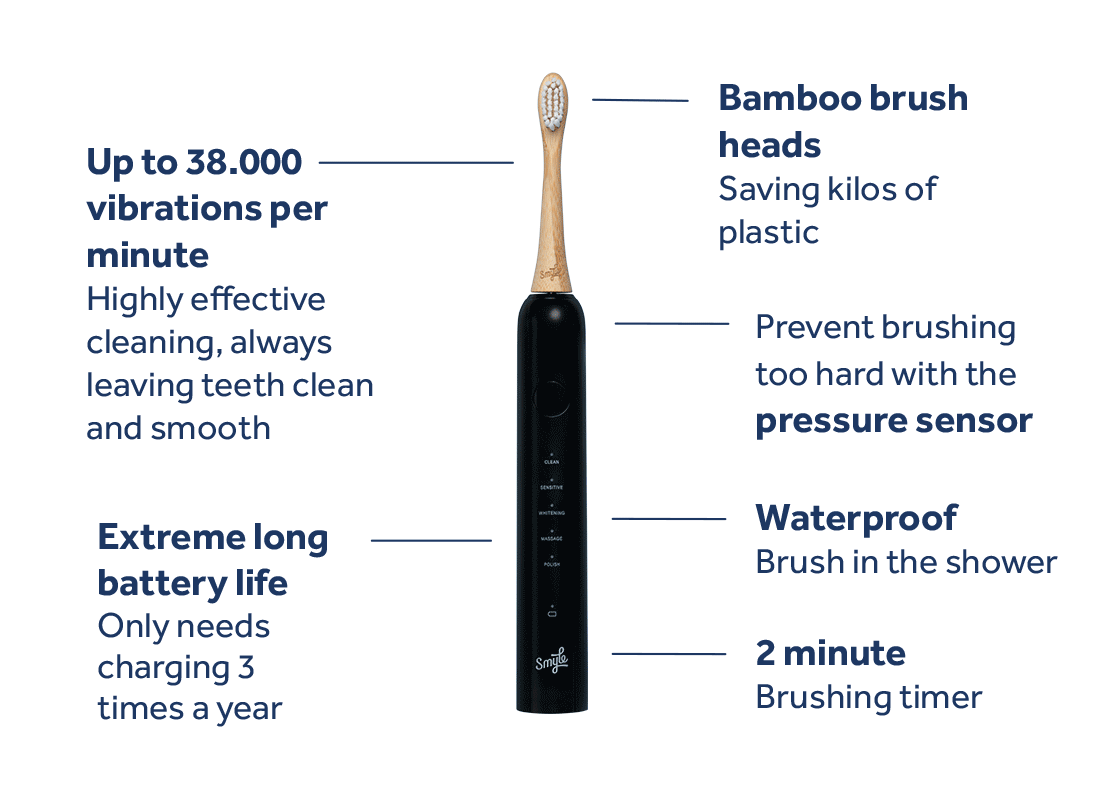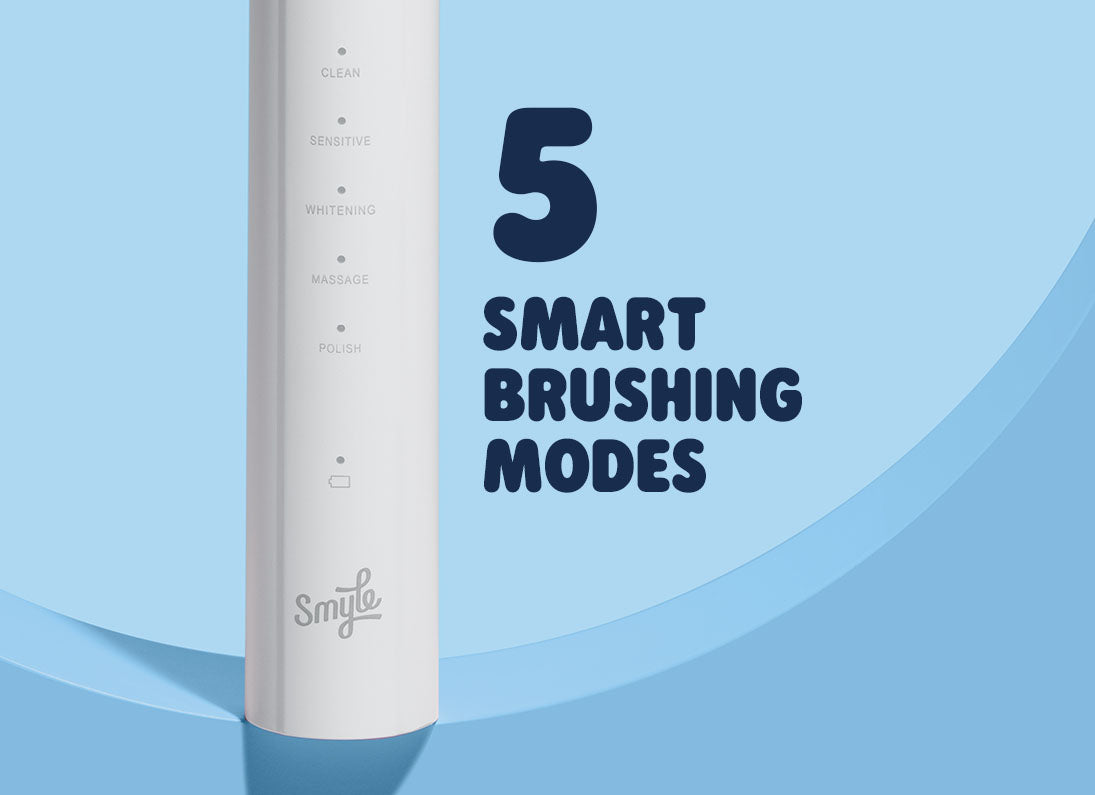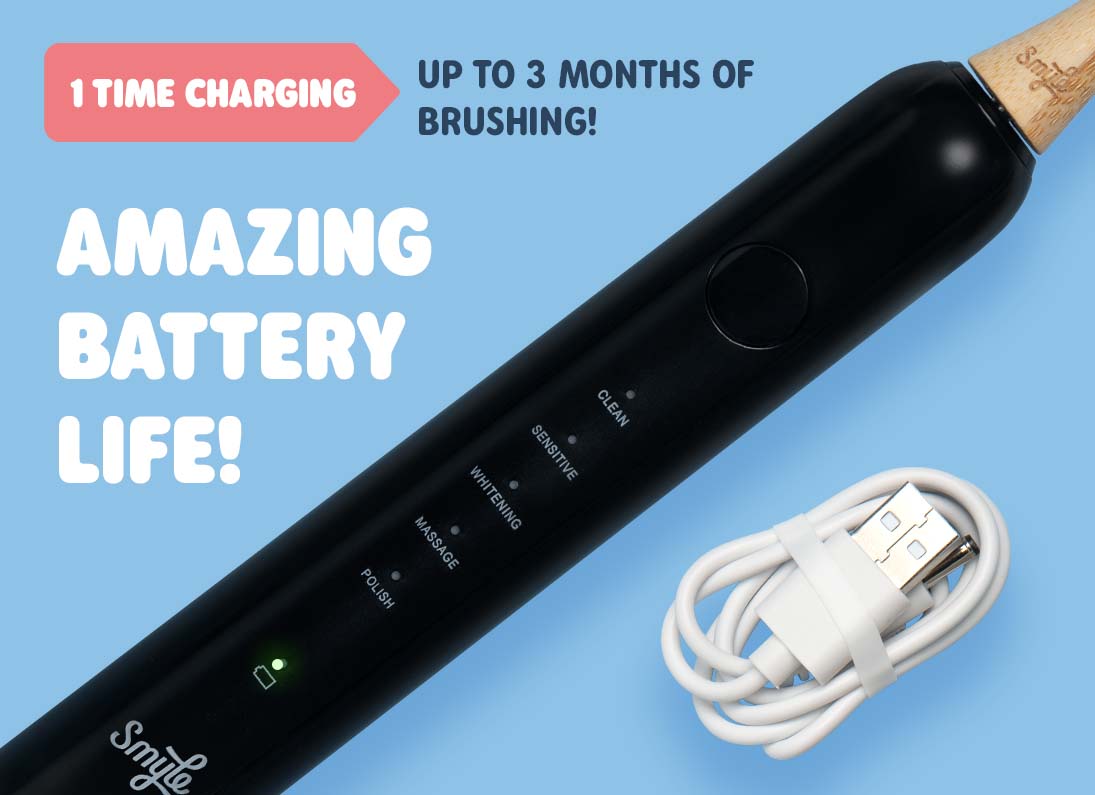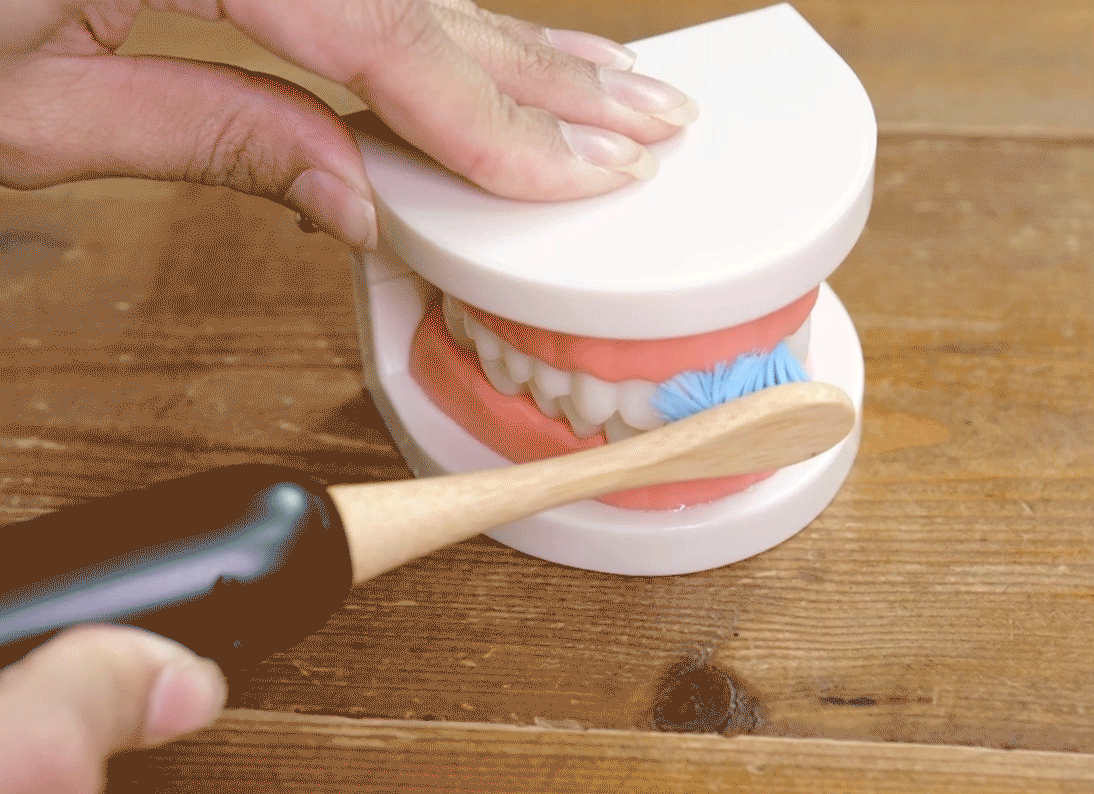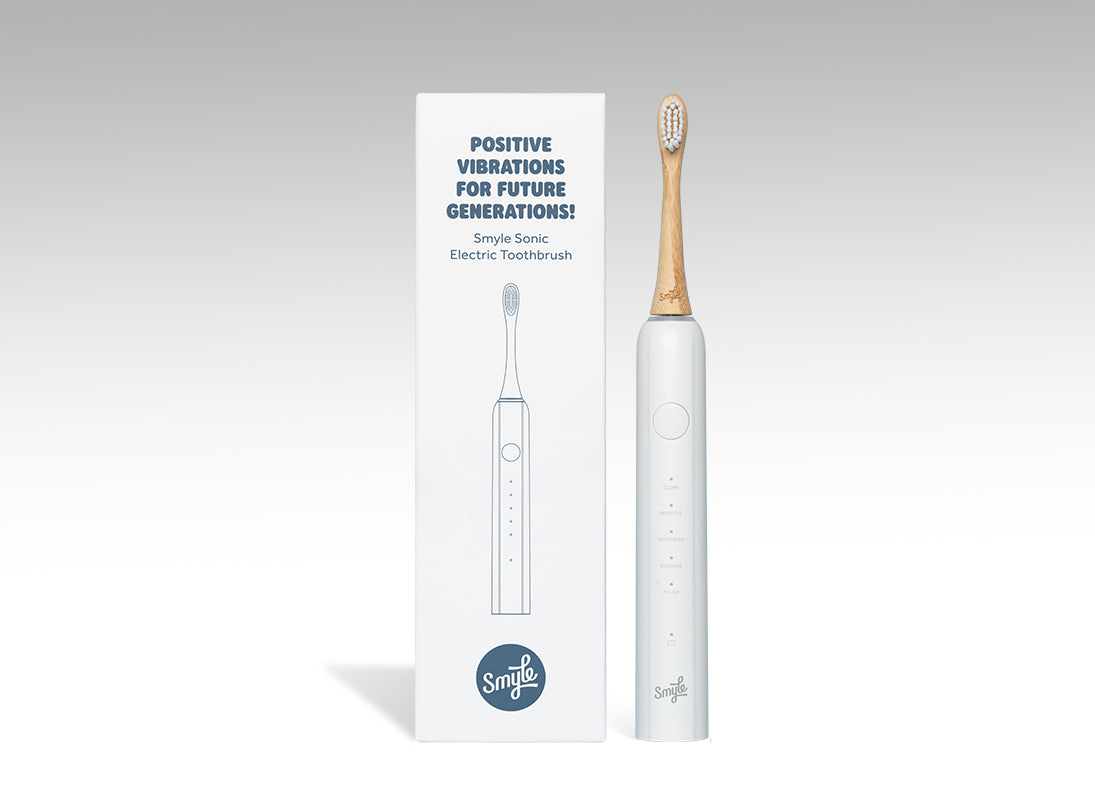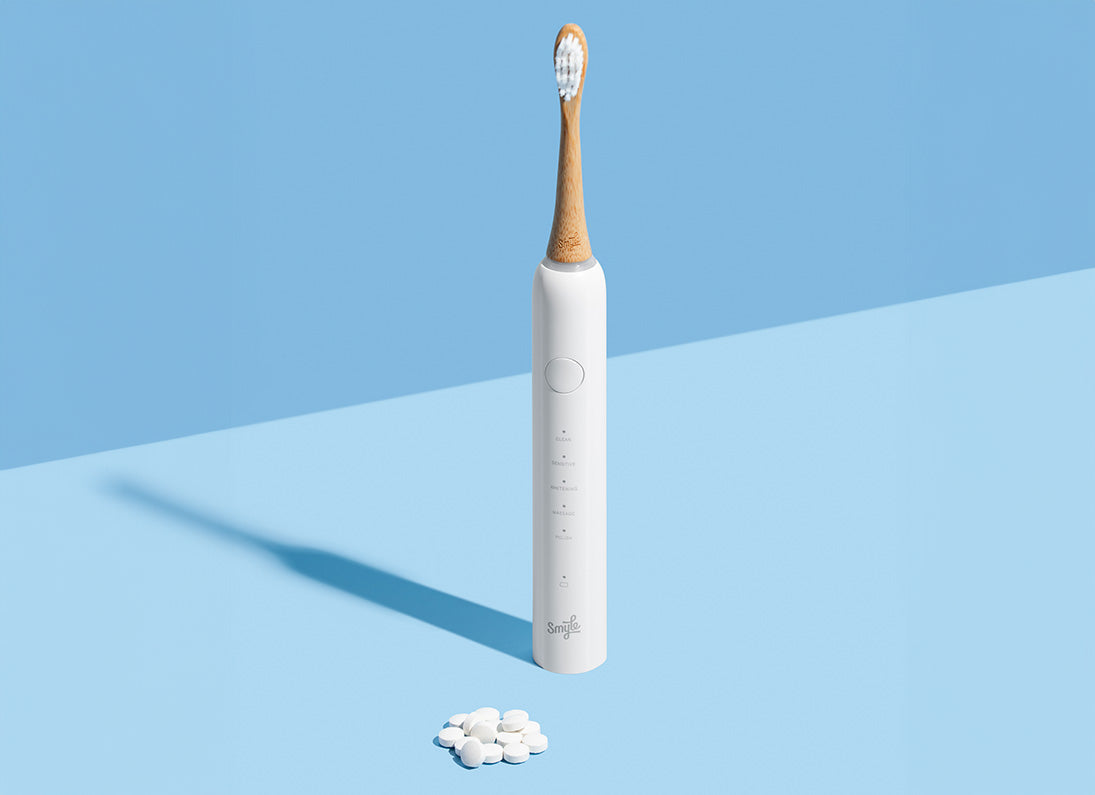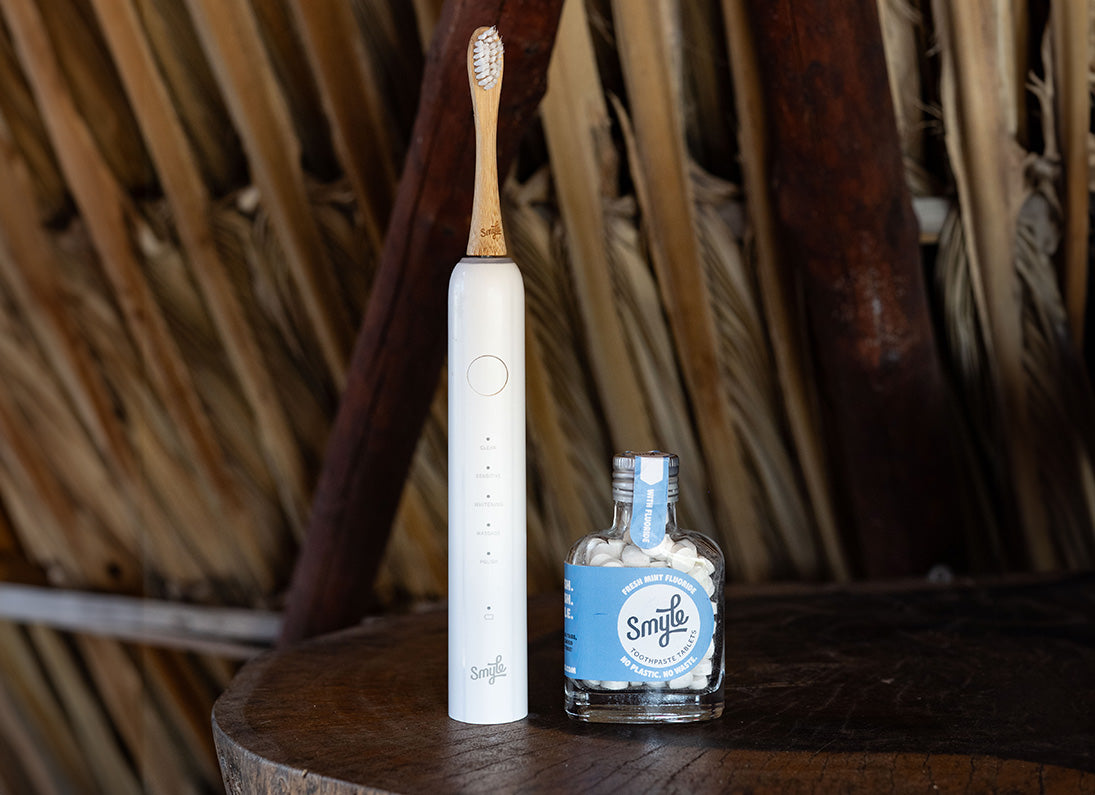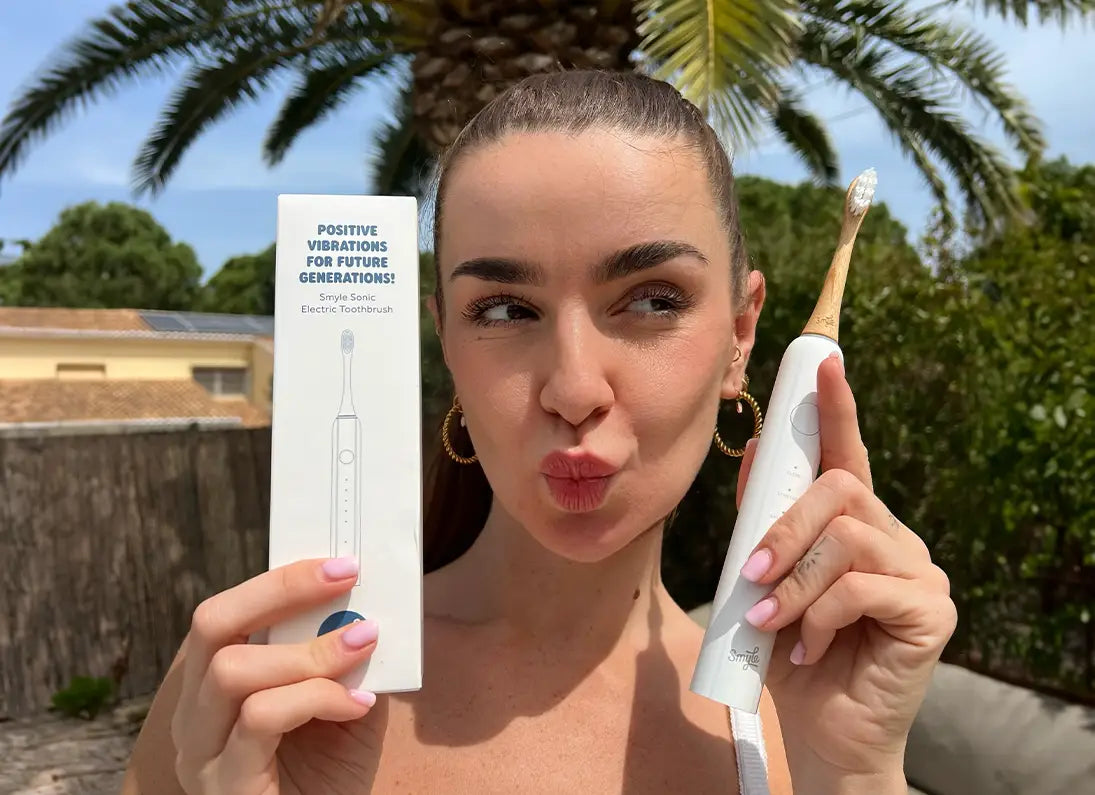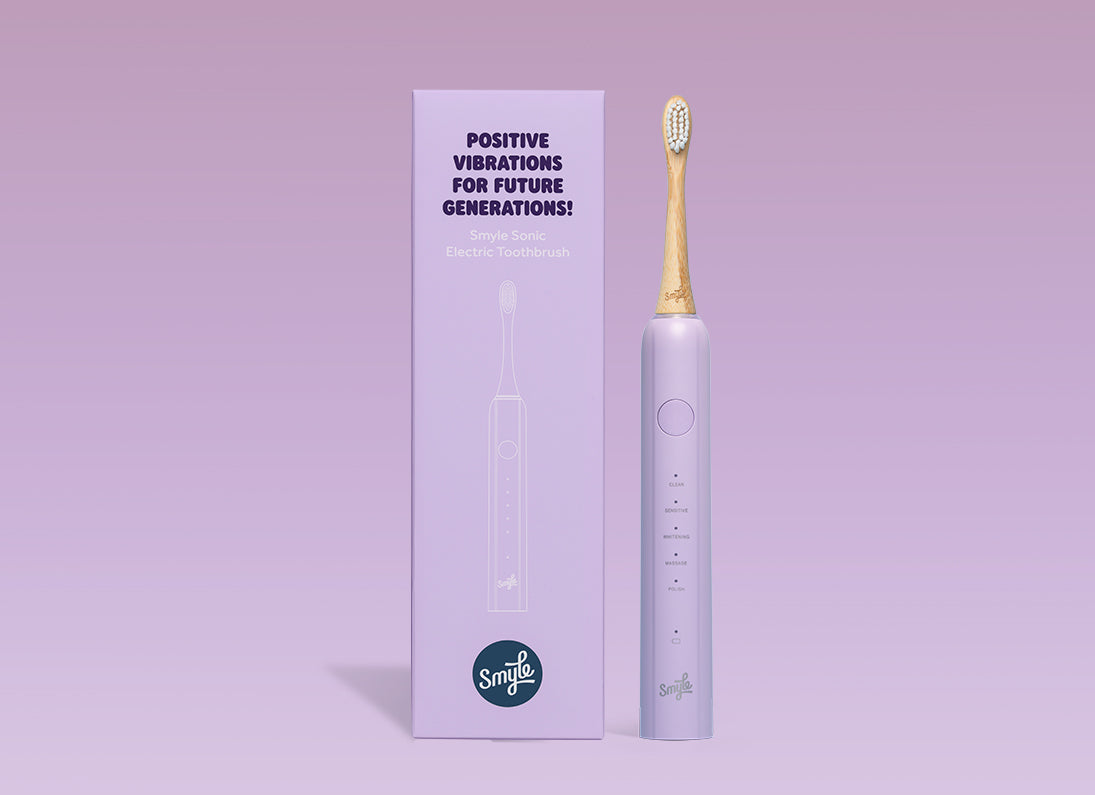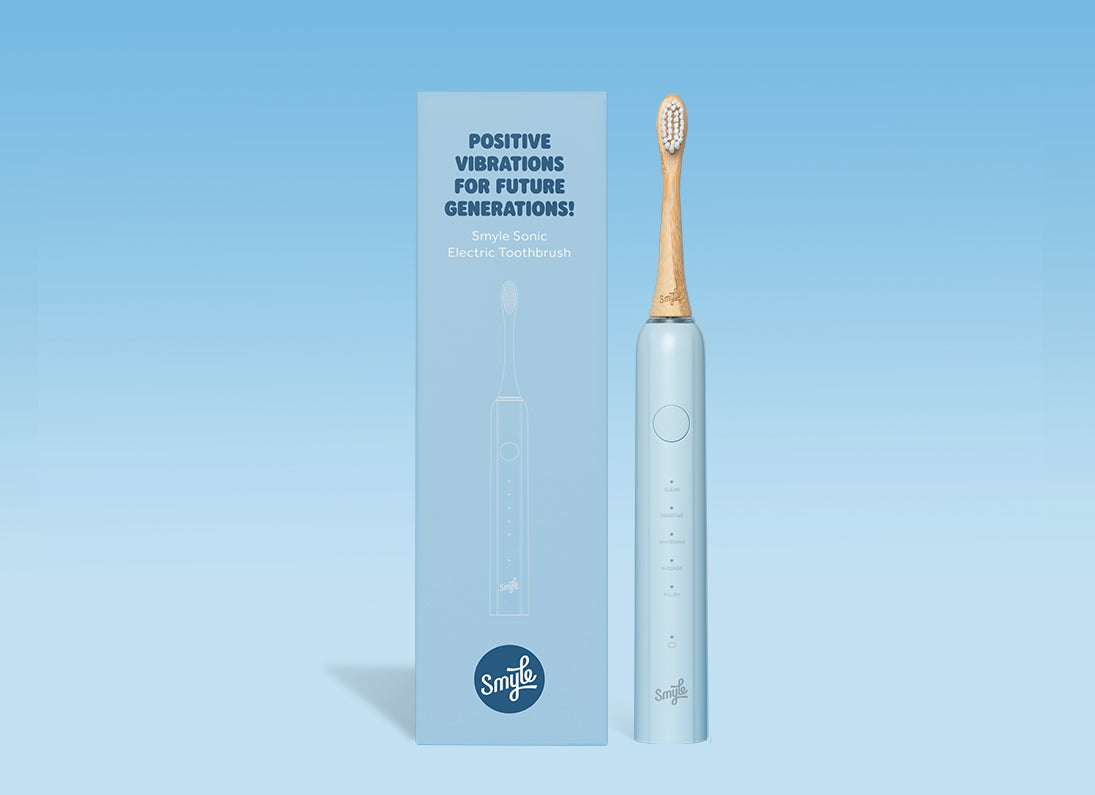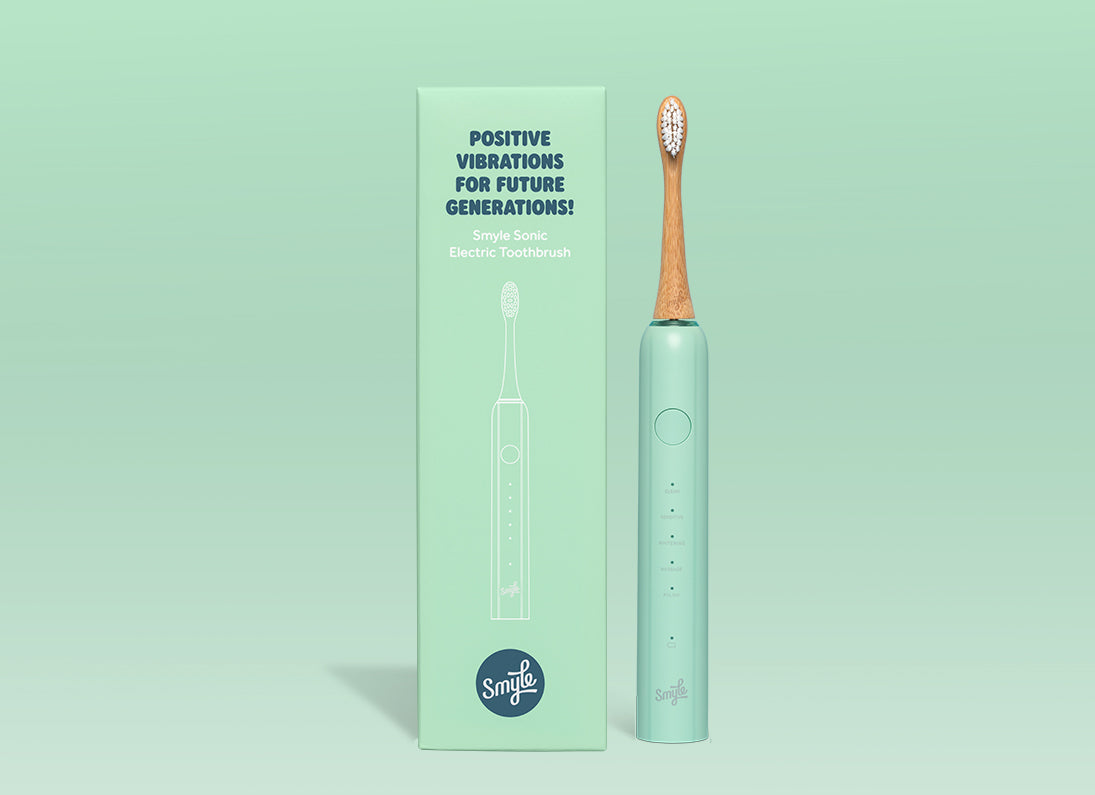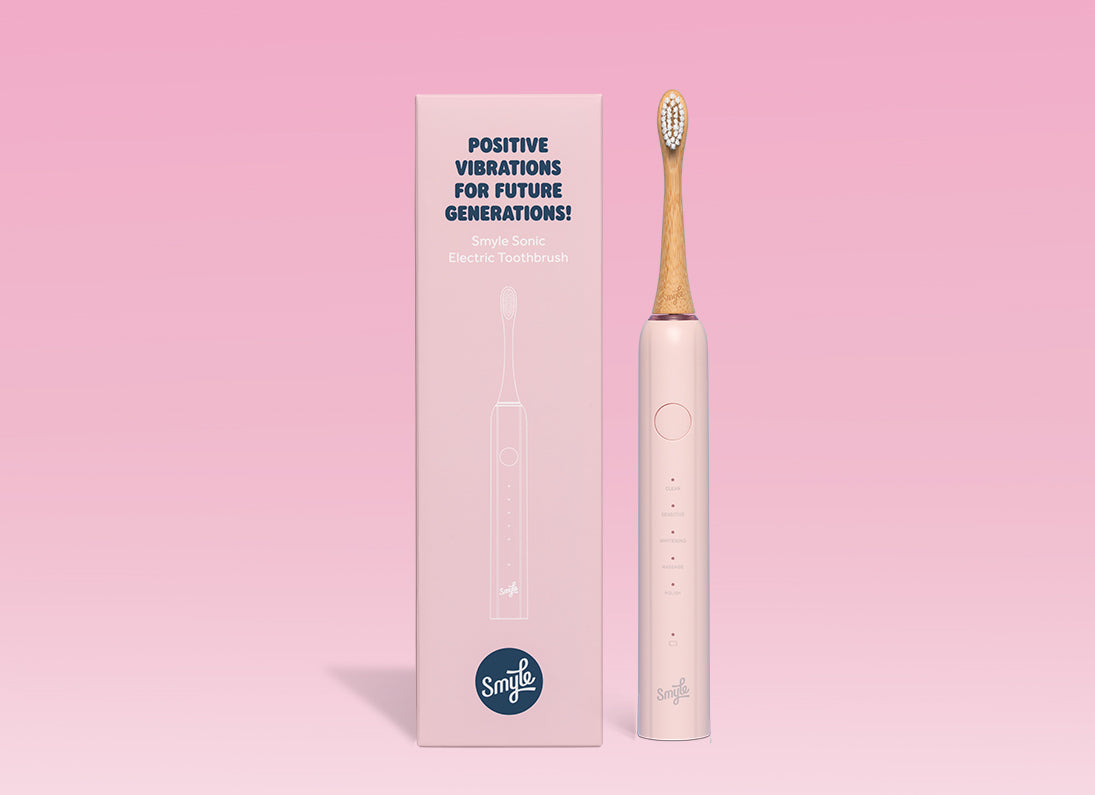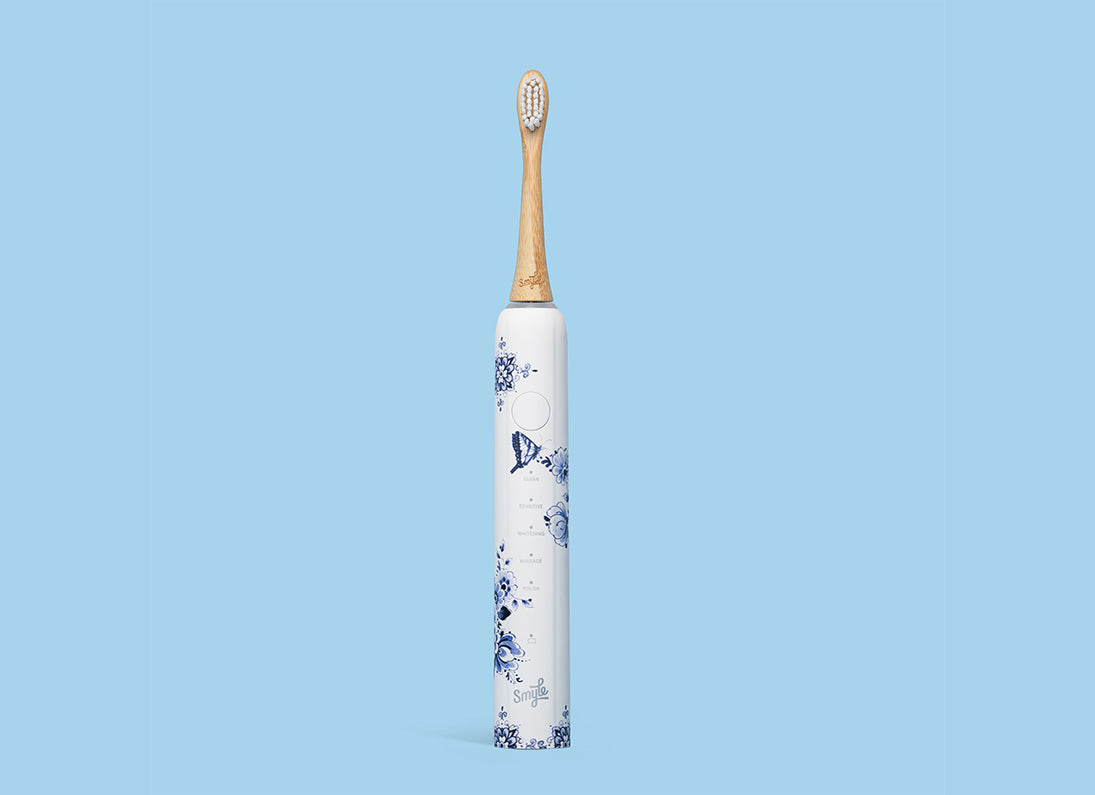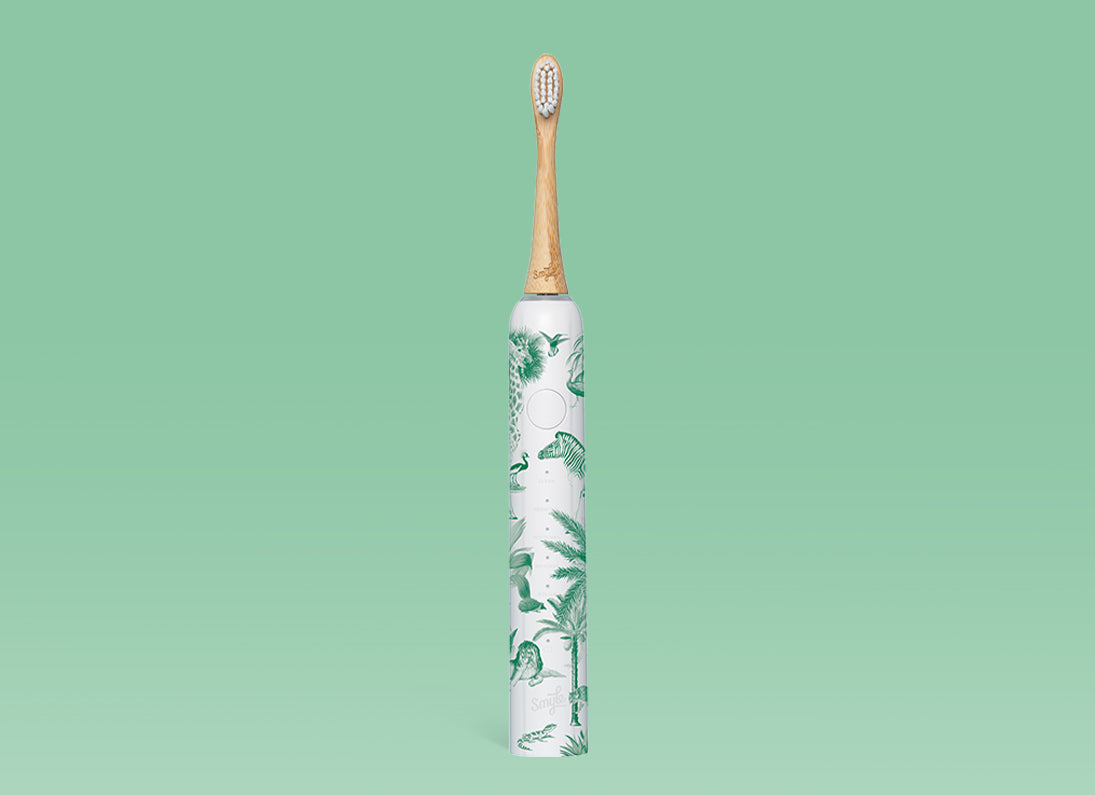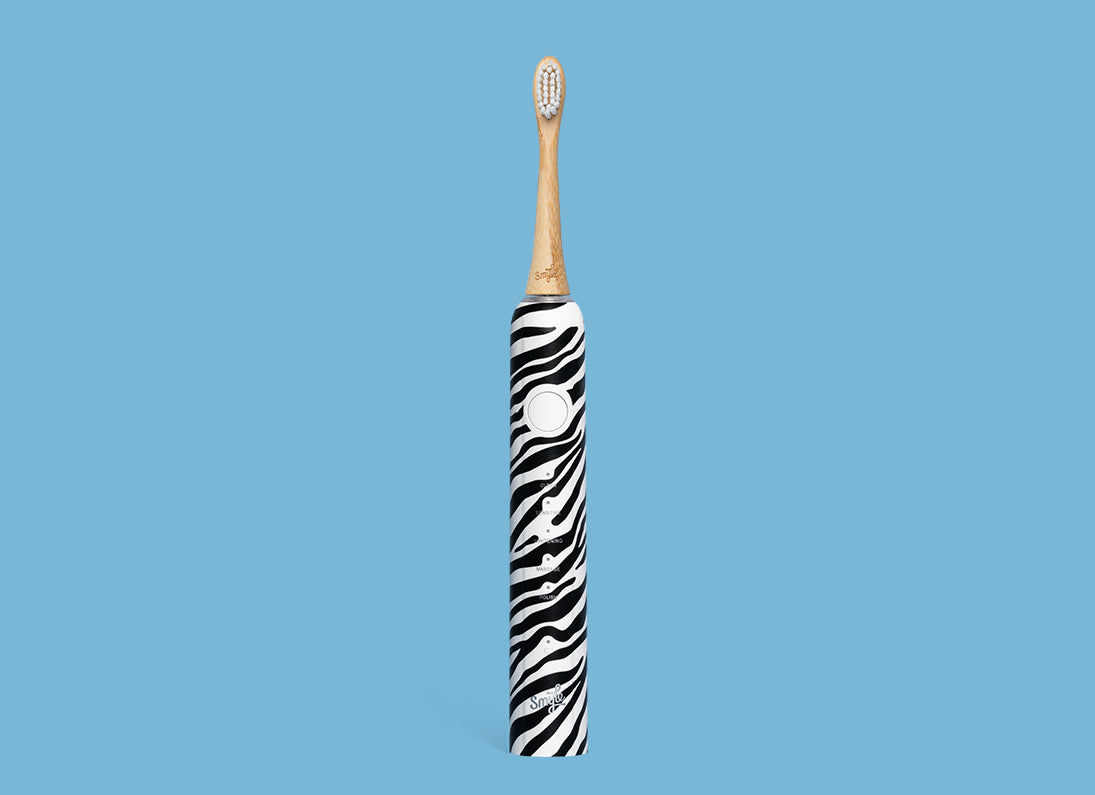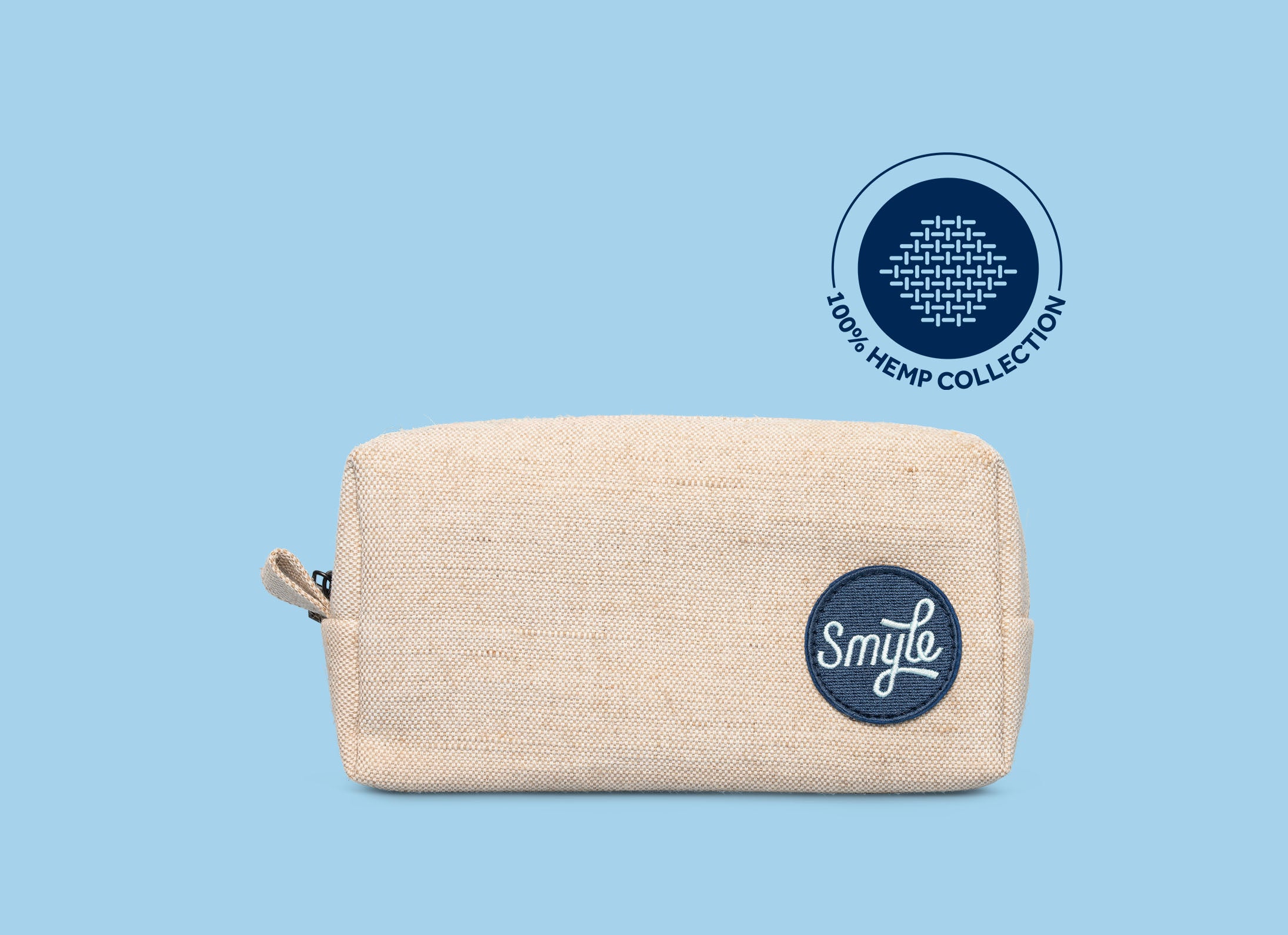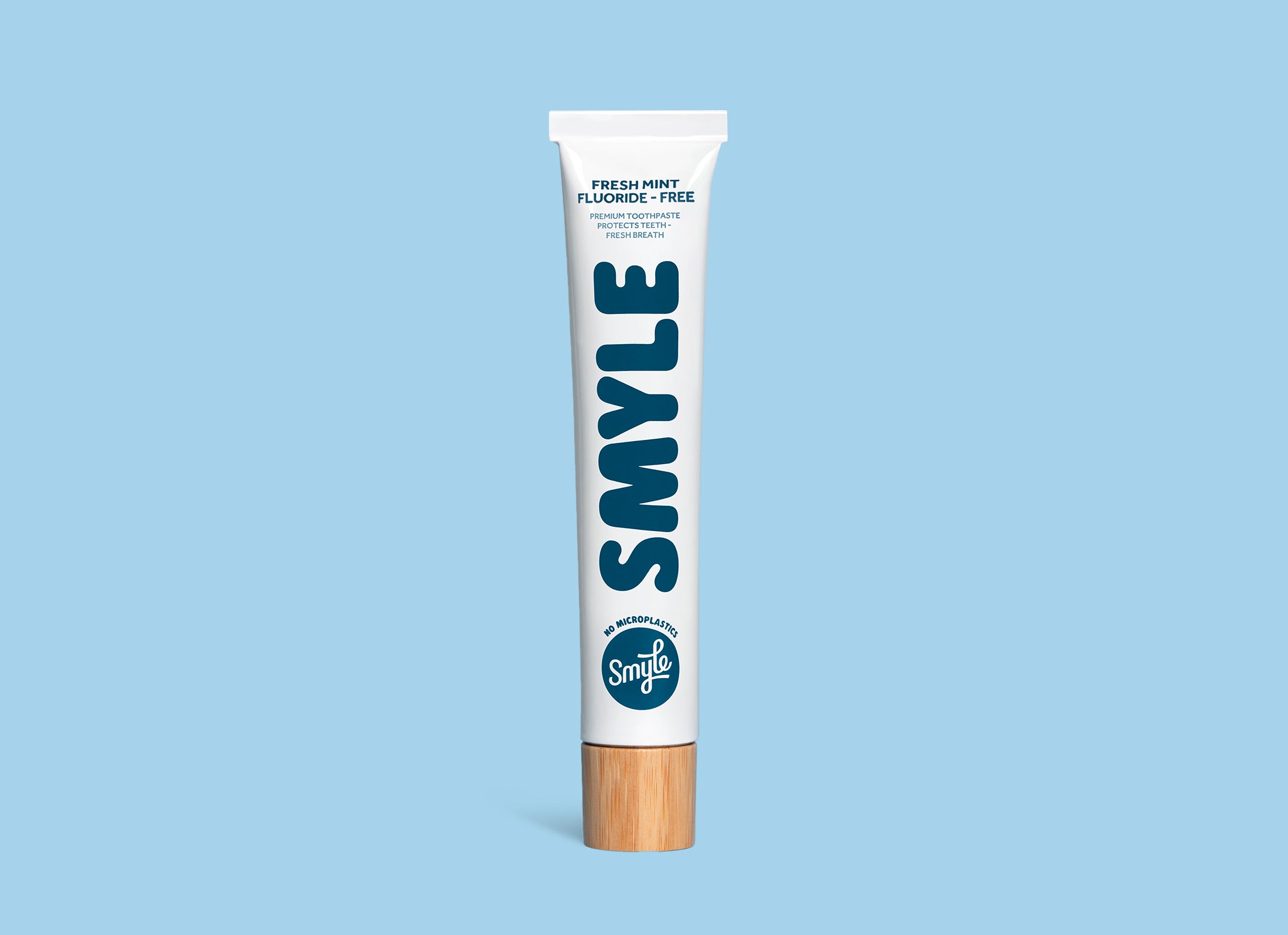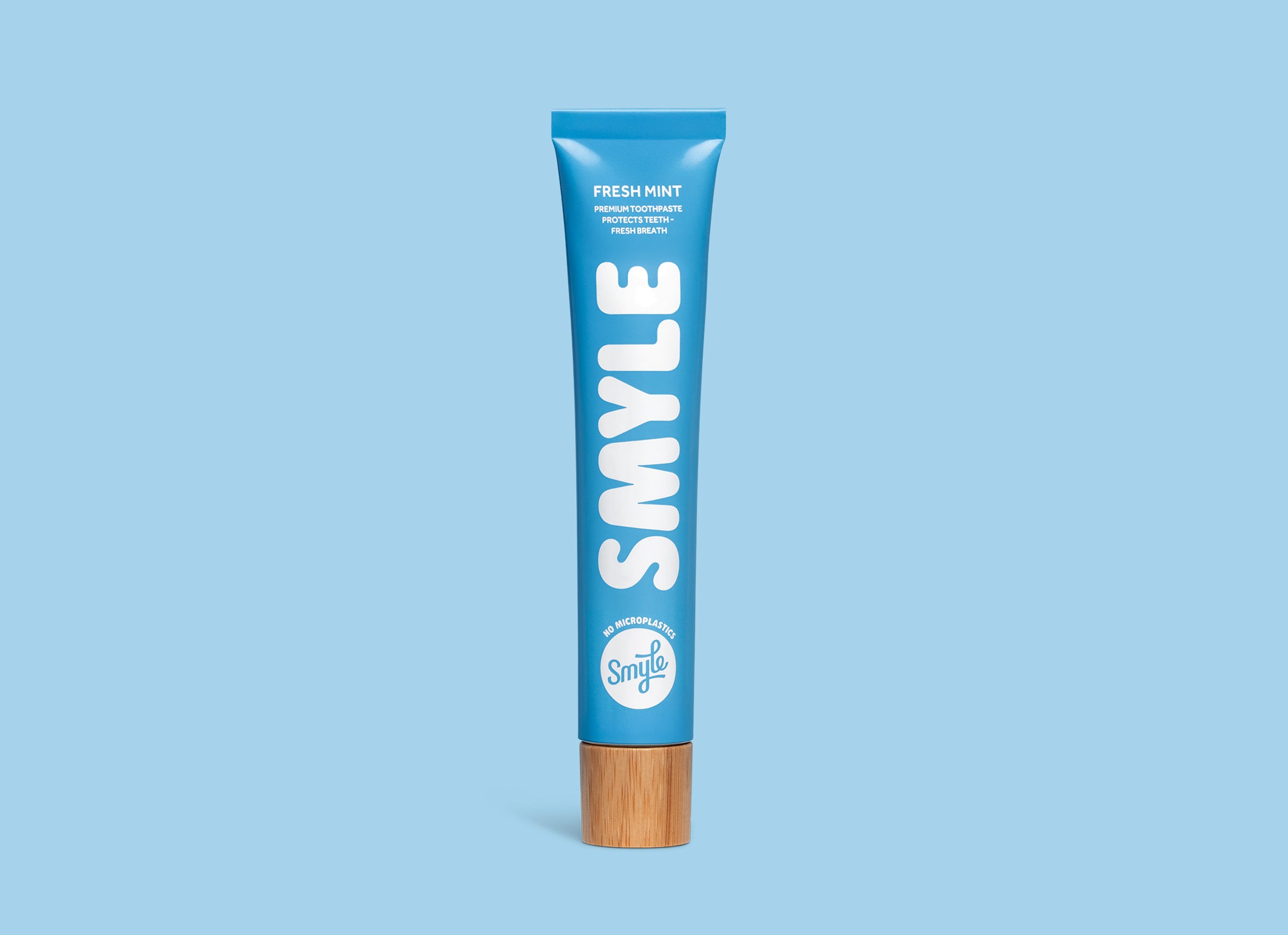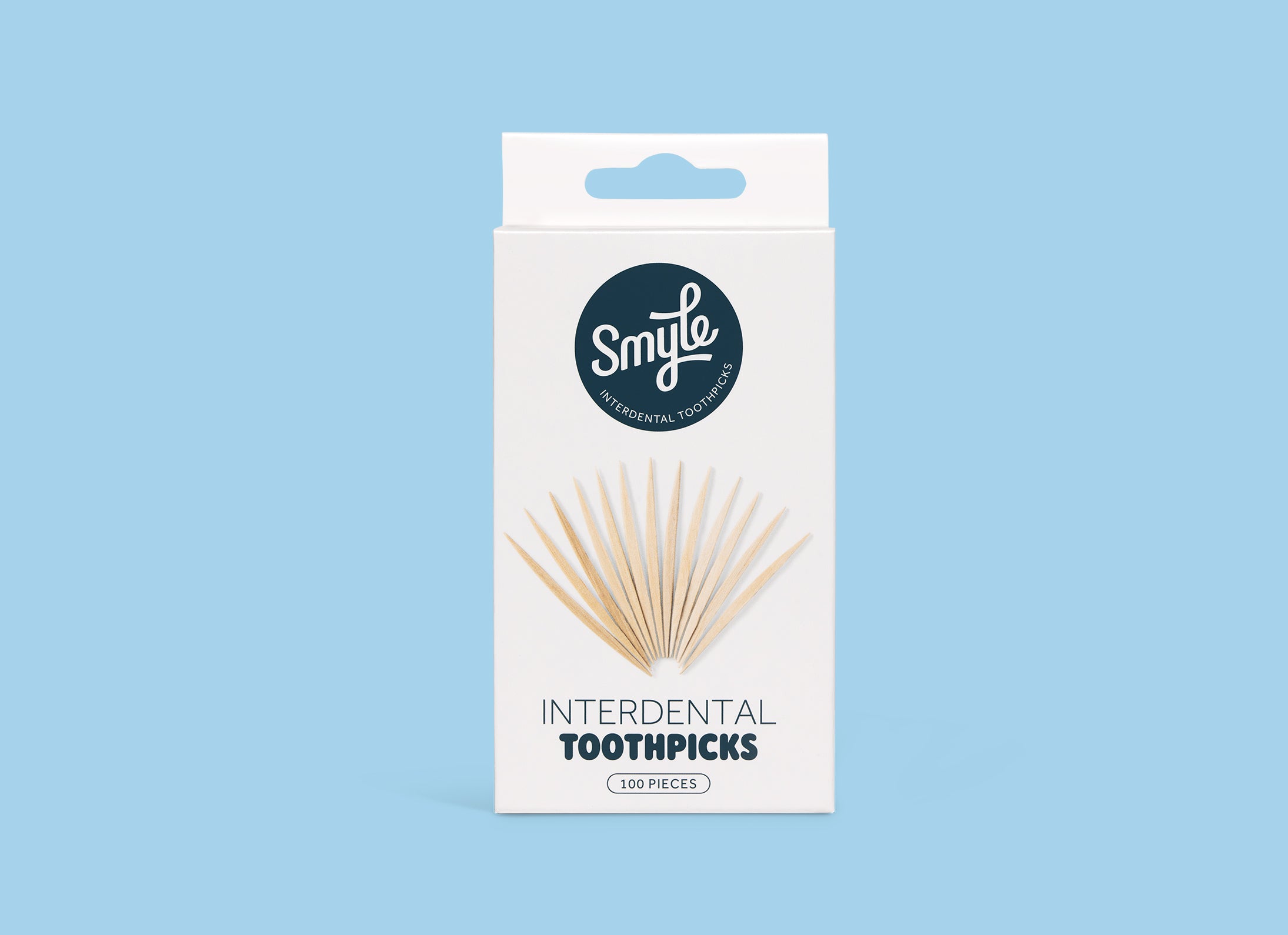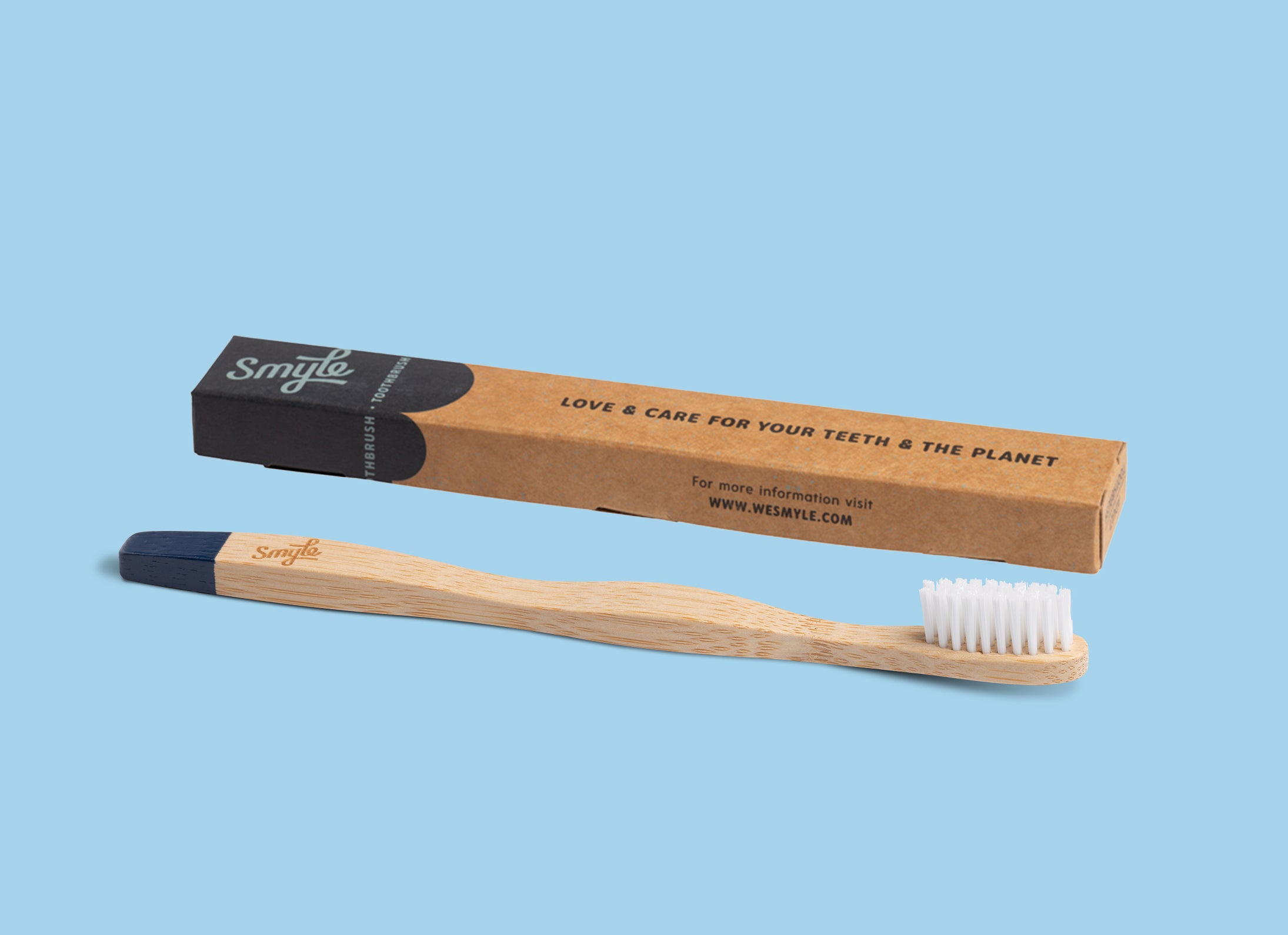
Canker sores, scientifically known as stomatitis aphthosa, are painful ulcers that can develop in our mouths. They typically appear on the soft tissues in the mouth, such as the inside of the lips, the tongue, the gums, and even in the throat. Characteristic of canker sores in the mouth are their round or oval shape, with a white or yellowish center and a red border around it. Despite their small size—usually ranging between 2 and 10 millimeters—canker sores can be particularly painful, especially when eating, drinking, or brushing your teeth. To help you avoid this pain, we’ll tell you everything you need to know about canker sores!
Types of Canker Sores in the Mouth
You may not have realized this, but there are several types of canker sores. There are three main types, categorized based on their size and characteristics: small, large, and herpetiform.
- Small: These are the most common. They have a diameter of less than 1 cm and usually heal within 1 to 2 weeks without leaving scars.
- Large: Also known as majus canker sores, they are larger than 1 cm in diameter and tend to have an irregular shape. This type can take several weeks to months to heal completely and may leave scars.
- Herpetiform: These are small in size but often appear in clusters of dozens or even hundreds. Despite their name, herpetiform canker sores have nothing to do with herpes and are not contagious.
How Do Canker Sores in the Mouth Develop?
Although the exact cause is not fully established, several factors can contribute to their development.
- Trauma: Damage to the oral mucosa, such as biting the inside of the cheek or sharp food particles, can lead to the formation of canker sores.
- Stress and Fatigue: These factors can weaken the immune system and increase susceptibility to canker sores.
- Diet: Certain foods and drinks, including citrus fruits, tomatoes, coffee, and chocolate, can trigger canker sores. A deficiency in vitamin B12, iron, or folic acid can also contribute to their formation.
- Medications: Some medications, including certain NSAIDs (non-steroidal anti-inflammatory drugs) and blood pressure medication, may cause canker sores.
It is important to note that canker sores are not contagious. They cannot be transmitted through saliva, so feel free to take a sip from your friend's bottle!

Symptoms of Canker Sores
Canker sores in the mouth can vary in appearance and severity of symptoms, depending on the individual and the type of canker sore. However, there are several general signs and symptoms that may indicate their presence.
Before the canker sores appear, one might experience a burning or tingling sensation in the mouth. A few days later, one or more painful ulcers will appear. These ulcers typically have a white or yellowish center and are surrounded by a bright red border.
Other possible symptoms of canker sores may include:
- Difficulty eating or drinking due to pain
- Sensitivity to hot, spicy, or acidic foods and drinks
- General malaise
- Slightly elevated body temperature
In rare cases, canker sores in the mouth may be accompanied by more serious symptoms, such as high fever, severe pain, swollen neck or lymph nodes, or a general feeling of being unwell. In such cases, it is advisable to seek medical help as soon as possible.
How to Recognize Canker Sores in the Mouth
Canker sores are usually diagnosed based on a physical examination of the mouth. This examination can be performed by a general practitioner or a dentist. They will look at the location, size, and shape of the ulcer, taking into account the patient's symptoms.
In some cases, further investigation may be necessary, such as when the canker sores are recurrent, unusually large or painful, or do not heal within a few weeks. This may include blood tests to rule out underlying medical conditions or a biopsy of the ulcer to exclude the possibility of oral cancer.

How Are Canker Sores in the Mouth Treated?
Although there is no definitive cure for canker sores in the mouth, several treatments are available to help manage the symptoms and speed up the healing process.
- Pain Relievers: Over-the-counter pain relievers like acetaminophen can help reduce the pain caused by canker sores. It's important to note that aspirin should not be applied directly to the sore as it can damage the mucous membranes.
- Mouth Rinses: Rinsing with mouthwashes that contain a local anesthetic, corticosteroid, or both can be helpful in reducing pain and swelling.
- Medicinal Creams and Gels: These can be applied directly to the affected area to alleviate pain and accelerate healing.
- Dietary Supplements: If the canker sores in the mouth are linked to deficiencies in certain nutrients, such as iron, folic acid, or vitamin B12, supplementing these deficiencies with supplements may be beneficial.
Additionally, although it may not always be possible to prevent canker sores, there are some preventive measures that can help reduce the frequency and severity of outbreaks.
- Good Oral Hygiene: Regularly brushing your teeth with a soft toothbrush, using dental floss, and an antibacterial mouthwash can help keep your mouth clean and reduce the risk of canker sores.
- Avoid Triggering Foods and Drinks: If you notice that certain foods or drinks trigger canker sores, try to avoid them. This can include citrus fruits, spicy foods, nuts and seeds, and coffee.
- Stress Management: Since stress can be a trigger for canker sores, stress management techniques such as meditation, deep breathing, and yoga can help reduce the frequency and severity of outbreaks.
- Regular Dental Visits: Regular check-ups with your dentist can help identify potential issues early and contribute to overall good oral health.
Canker sores in the mouth are small, painful ulcers that form in the mouth. Although they can be uncomfortable, they are usually harmless and heal on their own within one to two weeks. There are different types, including minor, major, and herpetiform canker sores. The exact cause is unknown, but there are several factors that can increase the likelihood of developing canker sores, including trauma, stress, certain foods and drinks, and some medications.
Although there is no specific cure for canker sores, there are plenty of ways to manage the symptoms and speed up the healing process. These include pain relievers, mouthwashes, medicinal creams and gels, and dietary supplements. Maintaining good oral hygiene, avoiding trigger foods and drinks, managing stress, and regularly visiting the dentist can also help reduce the risk of developing canker sores in your mouth.
Canker sores can be a source of discomfort and frustration, but with the right care and attention, they don’t have to have a major impact on your daily life. If you're concerned about canker sores in your mouth, contact a healthcare provider to develop a treatment plan that best suits your needs.
The Impact of Canker Sores on Daily Life
Although canker sores in the mouth are usually not serious, they can cause significant discomfort and pain. They can affect your ability to eat, drink, speak, and even sleep, leading to a reduced quality of life, especially when the canker sores are recurrent. This impact on daily life can result in stress and anxiety, which in turn can contribute to the development of new canker sores, creating a vicious cycle.
Frequently Asked Questions About Canker Sores
Here are answers to some of the most commonly asked questions about canker sores.
1. Are they contagious? No, canker sores are not contagious. They cannot be transmitted through kissing or sharing food or drinks.
2. How long do canker sores last? Minor canker sores usually heal within 1 to 2 weeks, while larger ones may take a few weeks to months to heal completely.
3. What is the best way to treat them? While there is no definitive cure, pain relievers, mouthwashes, and medicinal creams or gels can help manage symptoms. Good oral hygiene and avoiding trigger foods and drinks can also help reduce the frequency and severity of outbreaks.
4. Can canker sores be a sign of an underlying medical condition? While canker sores are typically harmless, in some cases, they may indicate an underlying medical condition, such as a nutritional deficiency or an immune disorder. If your canker sores do not heal within a few weeks, or if you experience frequent outbreaks, it is advisable to seek medical advice.
5. Can children get them? Yes, children can get canker sores. Although they can occur at any age, they seem to be more common in teenagers and young adults.
6. Are canker sores the same as cold sores? No, these two are not the same. While both can cause painful sores in the mouth, canker sores are not contagious, whereas cold sores are.
7. Are there certain times of the year when canker sores occur more frequently?
There is currently no scientific evidence suggesting that canker sores occur more frequently during specific seasons or times of the year. However, canker sores can be triggered by stress, and some people may experience more stress during certain times of the year, such as during exams or the holiday season.
8. Does smoking affect canker sores? It is not definitively established whether smoking can cause or worsen canker sores. Some studies suggest that smoking may have a protective effect, while other studies indicate that smoking could increase the risk of developing canker sores. More research is needed to fully understand this relationship.
9. Can I exercise if I have a canker sore in my mouth? Yes, you can exercise if you have a canker sore. However, if you participate in contact sports such as boxing or football, where there is a higher risk of injury to the mouth, it is possible that an injury could cause a new canker sore or worsen an existing one.
In-depth: The science behind mouth ulcers

While we’re still trying to figure out the exact causes of canker sores, researchers have come up with a number of theories and findings that could help us unravel the mystery of these pesky spots.
The Immune System
Some researchers believe that canker sores in the mouth may be caused by an overreaction of the immune system. This means that the immune system attacks healthy cells in the mouth as if they were harmful, leading to inflammation and ulcer formation. This may explain why canker sores are more common in people with certain autoimmune diseases.
Genetics
Other research suggests that genetics may play a role in susceptibility. People who have family members who regularly develop canker sores may be at a higher risk of developing them themselves. While the exact gene or genes involved in canker sores have yet to be identified, this finding suggests that there may be a hereditary component.
Microbial Factors
Several studies have also suggested that microbial factors may play a role in the development of canker sores. The oral cavity harbors a complex community of bacteria, viruses, and fungi, and changes in this microbiota can contribute to the development of canker sores. However, it is still unclear which specific microorganisms are involved and how they influence the formation of canker sores in the mouth.
The Psychological Impact of Canker Sores in the Mouth
It is important to note that canker sores not only cause physical pain but can also lead to emotional and psychological stress. The pain and discomfort can lead to feelings of frustration, anxiety, and self-consciousness.
People with recurring canker sores may worry about when the next outbreak will occur and how it will affect their daily activities. This ongoing stress can lead to feelings of anxiety and, in some cases, depression.
Furthermore, the presence of canker sores in the mouth can impact self-esteem and social interactions. For example, some people may feel uncomfortable laughing, talking, or eating in public due to the visibility of their canker sores. This self-consciousness can affect the quality of life and overall well-being of the individual.
It is therefore crucial for healthcare providers to recognize the psychological impact of canker sores and help patients find ways to cope with these feelings. This may include counseling, stress management techniques, or referrals to a psychologist or therapist.
Conclusion
Canker sores, although small, can have a significant impact on daily life. These painful and bothersome mouth ulcers can make eating, drinking, and speaking difficult and can be a source of stress and frustration. While much is still to be learned about what exactly causes canker sores and how to best treat them, there are numerous strategies available to manage symptoms and accelerate the healing process.
While canker sores are usually harmless, it is important to seek medical help if they do not heal within a few weeks or if you frequently suffer from canker sores in the mouth. In some cases, they may be a sign of an underlying medical condition that requires treatment.
So stay proactive in your oral health, pay attention to the foods and stressors that can trigger it, and remember that you're not alone—many people around the world face the same battle with canker sores in the mouth. Together, we can learn more, develop better treatments, and reduce the burden.
And don’t forget: for good oral health, keep an eye on your teeth and mouth, and use Smyle’s sustainable oral care products! Click here to explore the shop.



